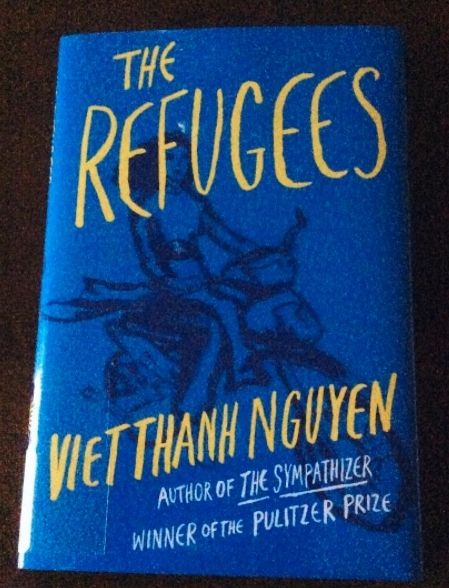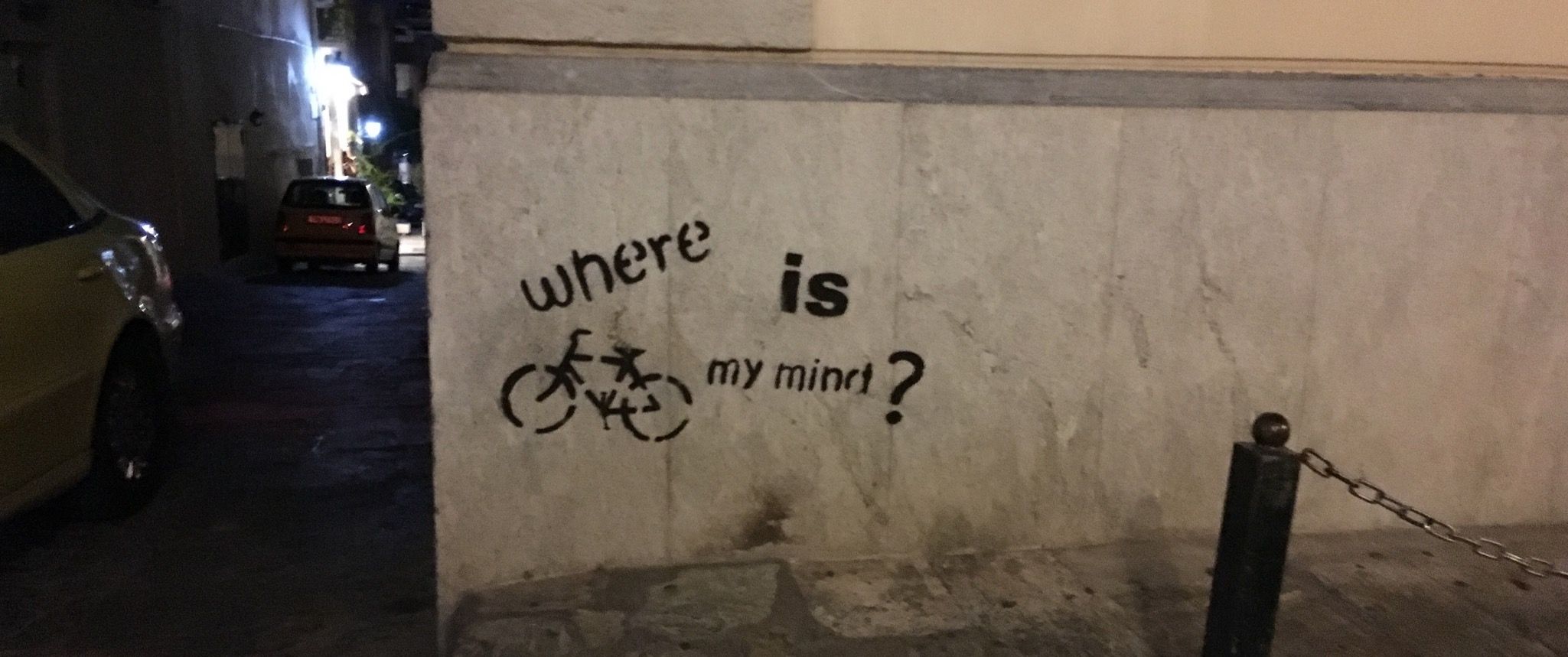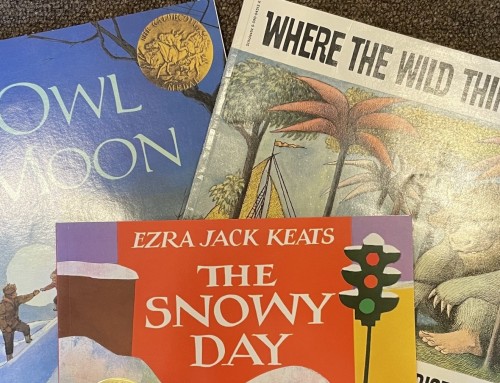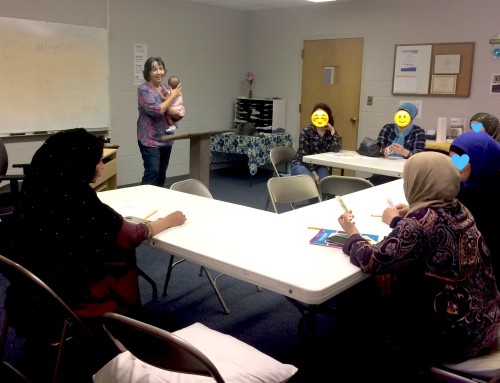The Refugees by Viet Thanh Nguyen
I had high hopes for this book. I started reading it days after the travel ban had been put into place and then taken down. The feelings toward refugees were running high, and I was excited to read and review a book about a subset of refugees that I honestly don’t often think about.
Vietnamese refugees are from a war that I got most of my education on from movies. I wondered if the refugee experience was different depending on your race or country of origin. I also recently read “Interpreter of Maladies” by Jhumpa Lahiri and I couldn’t help but compare the two books. Both are collections of short stories about people adjusting to a change in culture. Lahiri’s book deals more with Indians and Indian Americans rather than strictly refugees, but they are both similar in many aspects.
Where is Home?
 Both books resonate with me in that they reflect not only my own struggles with adjusting to a new culture, but also echo the experiences that I see my refugee friends going through.
Both books resonate with me in that they reflect not only my own struggles with adjusting to a new culture, but also echo the experiences that I see my refugee friends going through.
Before we get any further, let me go ahead and tell you that both books contain adult material and world views that are vastly different from my own morally. One thing I like about short stories is that if one seems too “out there” for me I can just skip to the next one. I did find at least one story in each of these books not worth my time. But, generally, I found them both to be excellent at conveying the idea of unbalance in a life lived in two worlds.
Lahiri’s book starts off with a more emotional punch, followed by a mix of stories placed in the U.S. and India. “The Refugees” is similar with much more of a West Coast feel. There are stories of families separated by death, distance, or misunderstanding.
Both authors capture the feeling of longing for a home that may no longer exist, but Nguyen’s has the heartbreak of a country destroyed and changed by war. A war that some blame on America. Every protagonist in every story is grateful for the chance to have a new life in America, even if it is not the life they imagined or hoped for. Not all of them turn out well of course. This is not a book filled with shiny, happy endings. But Nguyen is real about how first, second, and third generations of refugees are changed by their move to the U.S.
I saw through both of these books the struggle, heartbreak, and confusion of someone coming to the U.S. and not understanding anything that is going on. You try to make a life as best you can, try to teach your children about the land you left behind, try to understand when they feel disconnected from their heritage. You return to the land of your fathers and it is not how you remember it, things have changed in your absence or the stories you were told turn out to only be memories whitewashed with time and absence.
“I have that luxury, to put tragedy aside.”
The need for a community that lets you hang on to and let go of the past seems to be a common theme throughout these books. There are cultural misunderstandings that are both hilarious and heartbreaking. As one would expect, there are moments and scenes of such huge tragedy that I had to put my book down and walk away for a bit. I have that luxury, to put tragedy aside. I don’t know how much of these stories come out of the authors’ life experiences and how much is repackaging of other’s tales, but they mostly hold a tang of real situations filled with uncertainty, hope, and dissonance. They speak to circumstances that are both familiar and completely foreign because they are seen through eye fed from a different culture. Both writers have the ability to make you tangibly feel the frustration of being a stranger in a strange land and the joy of finding friends who understand.
Which Book to Choose?
If I had to choose to recommend one book over the other I would pick “Interpreter of Maladies”. Mostly for the aesthetics of her writing. I find her stories a bit more relatable, easy to follow, and even a bit whimsical. Nguyen’s style is more punchy, harsh, and graphic. I am more familiar with the cultures that Lahiri addresses (Indian/East Coast) and found myself more invested in her characters. Nguyen’s characters lacked dimensionality or anything that I found likable. But that is the point of reading books about refugees: to see something unknowable through the eyes of those who seem like strangers. My world view has been widened, to say the least.




